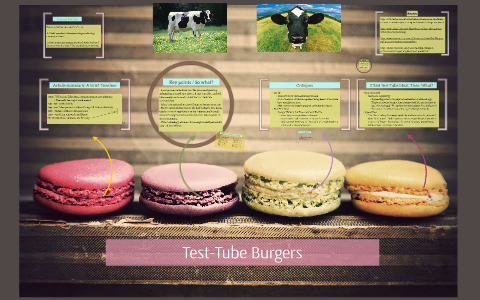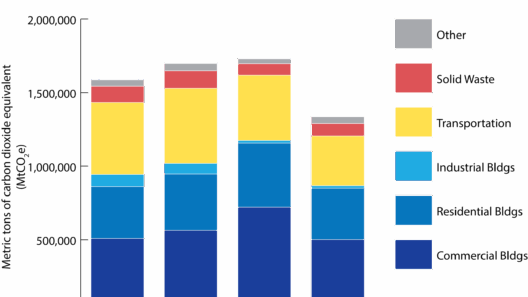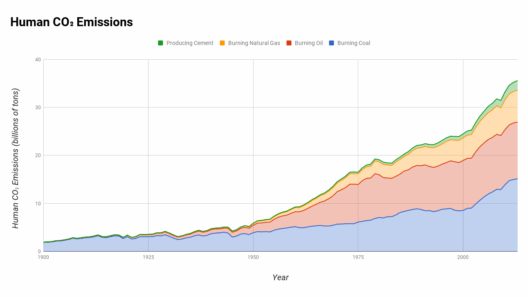As we navigate the complexities of the 21st century, the realities of climate change become increasingly palpable. Have you ever paused to ponder the extent to which your daily decisions reverberate across the globe? Each choice, tantamount to a butterfly flapping its wings, can trigger cascading effects on the environment. This concept of interconnectedness underlines the urgency for collective action against global warming, emphasizing that every industry, from agriculture to technology, plays an indispensable role in shaping a sustainable future.
Global warming is not simply a distant concern; it is an ongoing crisis that necessitates immediate attention. The Earth’s average surface temperature has risen significantly over the past century, primarily due to human activities. Fossil fuel combustion, deforestation, and industrial processes have driven greenhouse gas emissions to unprecedented levels. As a direct consequence, our planet witnesses intensified weather extremes, escalating sea levels, and shifting ecosystems. The question looms large: what can we do to ameliorate this predicament? The answer lies in the ideas and actions of both individuals and industries.
To elucidate the role of industries, let us delve into some of the primary culprits of climate change. The fossil fuel sector remains at the forefront, producing substantial carbon emissions. Energy production through coal, oil, and natural gas generates the power that fuels our modern existence. However, reliance on these energy sources is increasingly scrutinized. The imperative transition towards renewable energy sources—solar, wind, and hydroelectric—presents a formidable challenge but is essential for mitigating climate change. As consumers, pivoting our choices towards clean energy alternatives can compel industries to evolve.
Yet it is not only energy that warrants our scrutiny. The agricultural industry also contributes significantly to greenhouse gas emissions. Practices such as methane emissions from livestock and fertilizer application lead to detrimental environmental impacts. Moreover, the deforestation associated with agriculture exacerbates carbon release. By adopting sustainable farming methods, including organic practices and crop rotation, the agricultural sector can significantly reduce its carbon footprint. This shift necessitates a change in consumer choices, favoring local and organic products that promote biodiversity and environmental health.
Transportation is yet another industry that poses a considerable challenge. The reliance on automobiles powered by fossil fuels has entrenched carbon emissions into the fabric of urban life. However, the advent of electric vehicles and improved public transit systems signals a crucial pivot for alleviating transportation-related emissions. The challenge lies in collective willingness to embrace these alternative modes of transport, making them accessible and affordable for all. Public policies encouraging infrastructure investment in public transit can catalyze this transformation.
What about the manufacturing sector? Often operating in an economic paradigm prioritizing profit over sustainability, manufacturers contribute to environmental degradation through resource extraction and waste generation. It is essential to foster circular economies wherein products are designed for longevity, repairability, and recyclability. By reducing waste and promoting sustainable practices throughout the supply chain, industries can not only lessen their environmental impact but also drive innovation and economic resilience.
Additionally, the fashion industry bears a significant brunt of environmental degradation, fueled by fast fashion trends that promote overconsumption. The quest for cheap, disposable clothing leads to excessive textile waste and pollution. Challenging this trend involves conscious consumerism. By advocating for slow fashion, supporting ethical brands, and prioritizing quality over quantity, individuals can effectuate meaningful change—urging manufacturers to reconsider their practices in response to consumer demand.
The construction industry, too, is a major player in the confrontation against climate change. Building operations, materials procurement, and project waste contribute profoundly to carbon emissions. Retrofitting existing buildings for energy efficiency, utilizing sustainable materials, and emphasizing green architecture are essential strategies to transform this sector. Industry leaders, architects, and consumers alike must champion sustainable development practices to construct an eco-friendlier built environment.
As we tread deeper into the ramifications of climate change, it becomes apparent that our choices, collectively and individually, carry immense weight. Small actions can cascade into significant outcomes. For instance, advocating for policies that enforce stricter emissions standards, supporting carbon pricing, or collaborating with local environmental organizations can amplify efforts toward sustainability. Looking to the future, it is imperative that we harness our collective willpower to cultivate transformative practices that will foster a healthier planet.
However, glancing at the enormity of this challenge can often feel overwhelming. The propensity for inaction can arise from a belief that individual efforts are inconsequential. But therein lies the call to action: every choice maters. Engaging in activism, educating oneself about sustainable practices, and spreading awareness among peers are actions that propagate necessary change. Moreover, the power of community cannot be underestimated. Collective initiatives can yield far-reaching effects, engendering potential partnerships with local businesses seeking to adopt sustainable practices.
In conclusion, the temperature is rising, and the stakes are higher than ever. It is not just about recognizing the warming world around us; it is about acting decisively within our capacities. Whether through changing our consumption patterns, advocating for sustainable policies, or demanding transparency from corporations, we can all play a role in this intricate dance of climate action. This is our world, and our choices matter. Will you join in this critical crusade against climate change, or will you stand idly by? The time to act is now, and every effort counts as we forge a path towards a more sustainable future.






